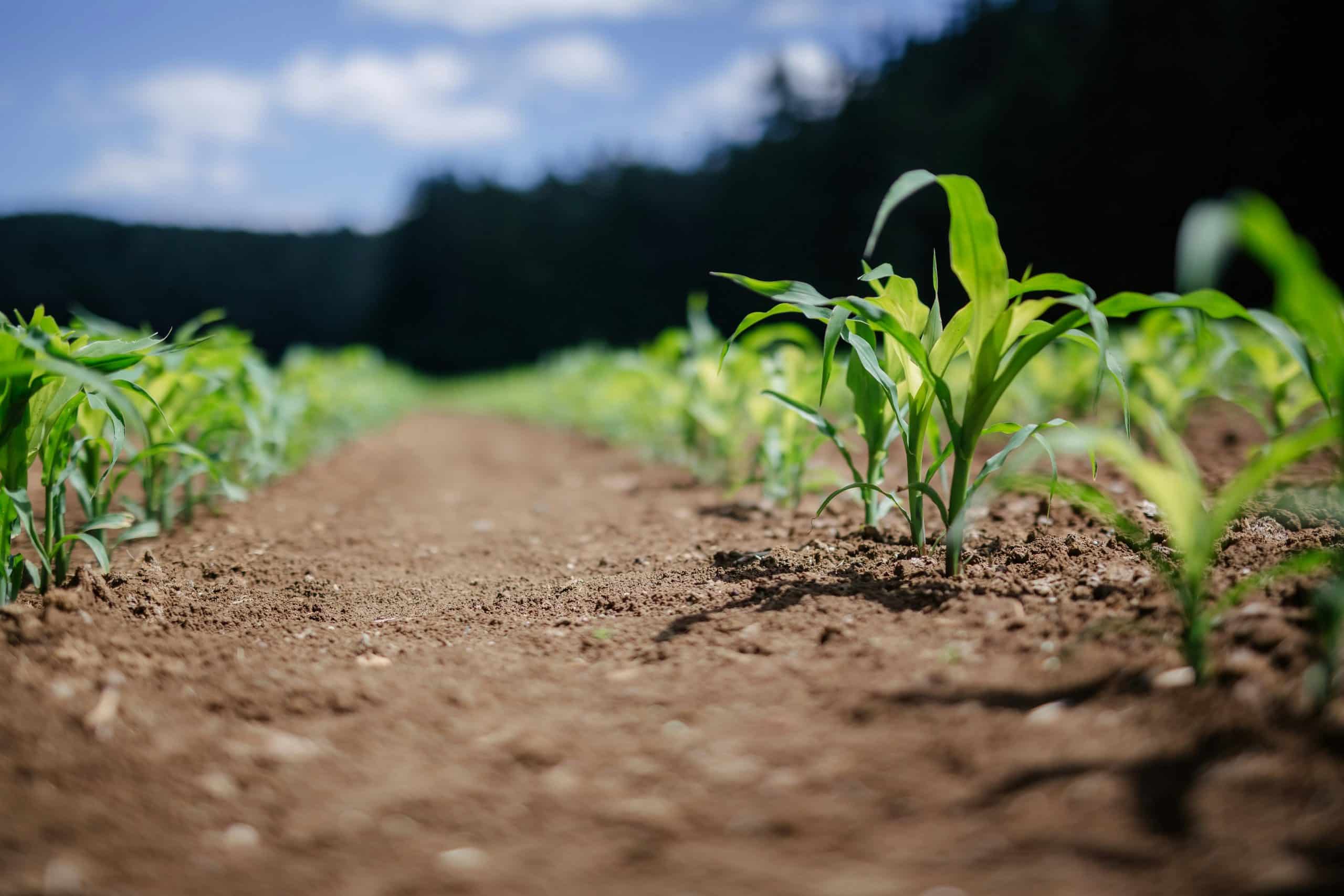In the current era where environmental issues are at the forefront of global concerns, agriculture finds itself at the epicenter of these debates. Traditional farming practices have often relied on the use of chemical pesticides and fertilizers to boost crop production. However, the adverse effects on the soil, water, climate, and human health can no longer be ignored. This article delves into the possibility of sustainable agriculture practices replacing these traditional methods and the potential benefits to the environment, farmers, and consumers alike.
The Impact of Traditional Agriculture Practices
Agriculture is a crucial sector, feeding the world’s population and driving economies. However, traditional agricultural practices, particularly the use of chemical pesticides and fertilizers, have significant environmental and health repercussions.
In parallel : What are the different tattoo styles ?
Over the years, you’ve relied heavily on chemical inputs to fight pests, boost crop yields, and meet the ever-increasing food demand. However, this excessive use of chemicals has led to soil degradation, water pollution, biodiversity loss, and climate change. Pesticides contaminate water sources, harming aquatic life and creating dangerous health risks for consumers. The soil, a critical resource in agriculture, becomes devoid of essential nutrients, leading to declining crop yields and quality.
Additionally, the health risks associated with exposure to these chemicals for farmers and consumers are a grave concern. Long-term exposure to certain pesticides can lead to serious health issues, including cancers and neurological disorders.
Additional reading : How can eco-labeling influence consumer choices in the fashion industry?
Sustainable Agriculture: A Viable Solution?
Sustainable agriculture practices aim to mitigate these environmental and health impacts while ensuring food security. But can these practices indeed replace the use of chemical pesticides and fertilizers?
Sustainable agriculture emphasizes preserving the health and productivity of the soil, promoting biodiversity, reducing water use, and minimizing pollution. By focusing on these aspects, sustainable practices can maintain high crop yields without the negative impacts associated with chemical use.
Organic farming, a form of sustainable agriculture, excludes the use of synthetic pesticides and fertilizers, instead opting for natural pest management techniques and organic fertilizers. Studies have shown that organic crops can yield as much as conventionally grown crops, debunking the myth that organic farming is less productive.
Water Conservation and Sustainable Agriculture
A key element of sustainable agriculture is the efficient use of water. Traditional farming practices often lead to water wastage and pollution. Over-irrigation can lead to waterlogging and salinization, damaging the soil and crops. Moreover, runoff from farms carries pesticides and fertilizers into water bodies, causing further pollution.
Sustainable farming practices, such as drip irrigation and rainwater harvesting, can significantly reduce water use in agriculture. These practices not only conserve water but also improve crop productivity by ensuring that the crops receive the right amount of water at the right time. By reducing water pollution, sustainable agriculture also helps improve the quality of water in our rivers and lakes.
The Role of Farmers in Sustainable Agriculture
As much as sustainable agriculture is beneficial to the environment and consumers, it also holds significant benefits for farmers. Traditional farming practices take a toll on the soil, depleting it of nutrients and necessitating the use of more fertilizers for crops to thrive. However, sustainable practices such as crop rotation, cover cropping, and organic fertilizers can help maintain soil fertility, reducing the need for chemical inputs.
Furthermore, sustainable agriculture can improve farmers’ health by reducing their exposure to harmful chemicals. Many farmers suffer from health complications related to pesticide exposure; shifting to sustainable practices can help mitigate these risks.
The Future of Sustainable Agriculture
While the potential benefits of sustainable agriculture are immense, transitioning from traditional farming practices isn’t without challenges. It requires a shift in mindset, investment in training and equipment, and supportive policies and incentives from governments.
However, given the mounting evidence of the harmful effects of pesticides and chemical fertilizers, it’s clear that a change is necessary. Sustainable agriculture practices offer a feasible alternative, capable of maintaining crop production while safeguarding the environment and health.
The future of agriculture lies in sustainability. With the right support and infrastructure, farmers can make the shift towards more sustainable practices, reducing reliance on harmful chemicals and contributing to a healthier, more sustainable world. While the path may be challenging, the benefits of sustainable agriculture make it a journey worth undertaking.
Incorporating Sustainable Agriculture in Today’s Food System
The world’s food system is in need of a drastic transformation. Over the past few decades, an increasing number of studies indicate the detrimental impact of traditional farming practices on the environment and public health. Sustainable agriculture can play a crucial role in this transformation, moving away from the reliance on synthetic chemicals towards more eco-friendly methods.
Understanding the importance of soil health is the first step towards sustainable farming. Healthy soil, rich in organic matter, is the foundation of sustainable agriculture. Practices like cover cropping, composting, and crop rotation contribute to soil health by enhancing its fertility and retaining moisture. This, in turn, reduces the need for chemical fertilizers and improves crop resistance to pests and diseases, eliminating reliance on harmful pesticides.
Organic farming, a flagship of sustainable agriculture, rejects the use of synthetic chemicals, opting instead for natural pest control methods and organic fertilizers. This method of farming not only protects soil health but also produces organic crops of comparable yield and higher nutritional quality than conventionally grown counterparts.
Furthermore, sustainable agriculture recognizes the importance of biodiversity. By fostering a wide variety of plants and animals, farmers can create a more resilient and productive farming system. Biodiversity helps control pests naturally, reduces the spread of disease, and promotes a balanced ecosystem, contributing to a more robust food production system.
Looking Forward: The Need for a Sustainable Future
It has become increasingly clear over the past few years that the transition towards sustainable farming is not just a choice but a necessity. The impacts of climate change, soil degradation, and threats to public health make a compelling case for the urgent need to reduce the use of chemical pesticides and fertilizers in agriculture.
However, transitioning to sustainable agriculture is a long-term process, requiring commitment and support at every level. Farmers need education and training on sustainable farming practices, access to the necessary resources, and a supportive policy environment that encourages and incentivizes sustainable methods.
Promoting sustainable agriculture is not just about producing food in a more eco-friendly way. It’s about creating a sustainable food system that can feed a growing population without compromising the health of our planet or the well-being of future generations.
With the right support and the collective efforts of policymakers, farmers, and consumers, sustainable agriculture can become the norm rather than the exception, creating a healthier and more sustainable world for all. Bold steps taken today will pave the way for a better tomorrow, proving that sustainable agriculture is not only feasible but indispensable for our future.











